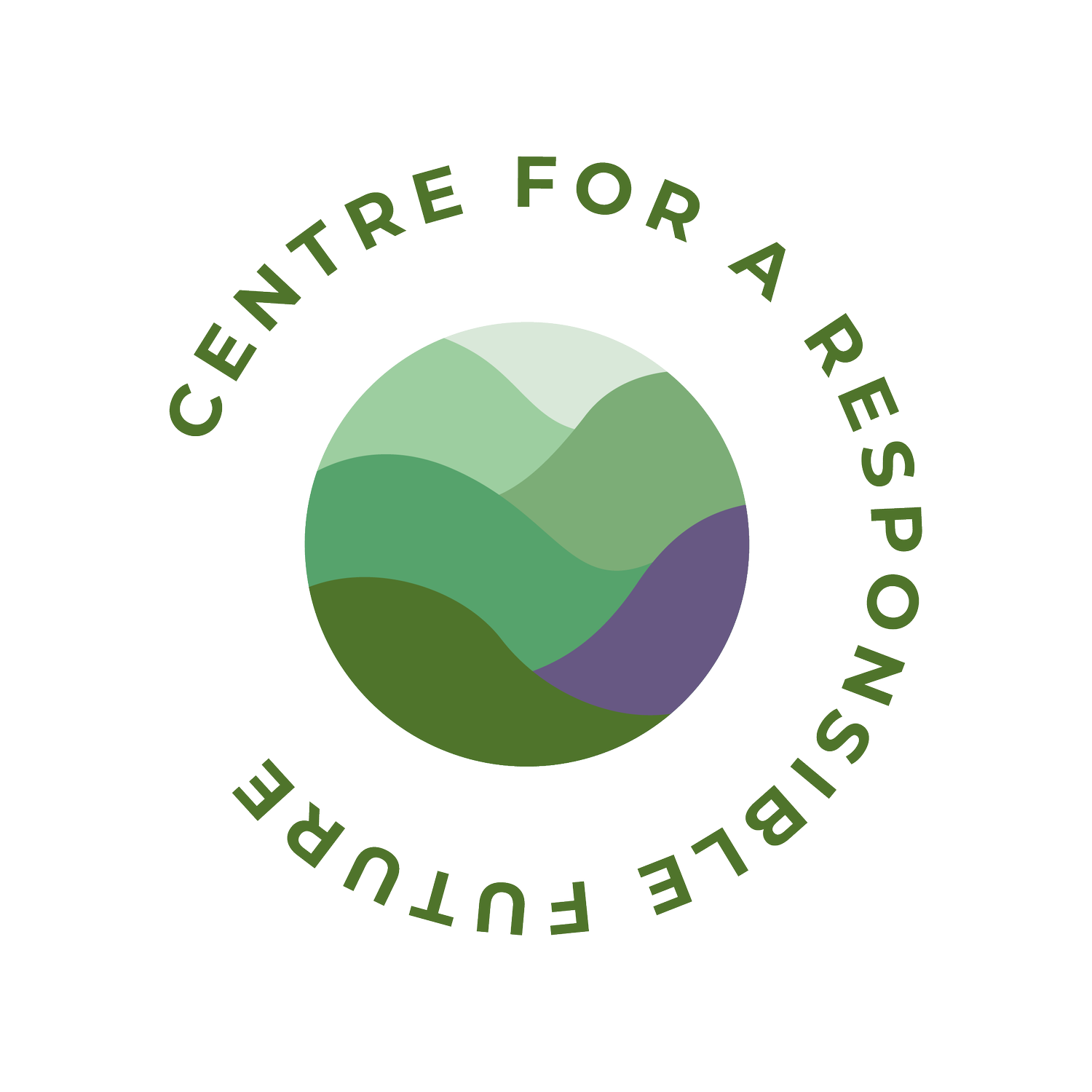#1: Soy, Peas or Beans: The Wide Variety of Plant Based Protein
Plant-based proteins are better than meat for the planet and our health, a multitude of research has shown. Even a meal or two a week without meat can help. It turns out, though, that different proteins have quite different benefits. Choosing the right protein ingredients is critical. This two-part blogpost will explore different plant-based proteins and their benefits.
Plant-based Proteins are Healthy, and Very Different
The key personal benefit of plant-based proteins for anyone is likely to be their health. Whether you’re considering eating less meat or giving it up entirely, the American Heart Association (AHA) says, the clear benefits are less risk of diseases such as strokes or cancer and improved health and well-being.
While plant-based meats and dairy have gotten lots of publicity, there are many alternatives. Tofu, quinoa, mushrooms, lentils, chickpeas, beans and legumes have plenty of protein. Even vegetables such as broccoli, corn, potatoes, peppers and spinach provide protein.
And going plant-forward is easier than ever, the AHA suggests. Start by searching for enticing vegetarian recipes that are easy to prepare, choose ingredients and flavours you like, experiment with a meatless meal once a week, and then add more days as you get used to it.
For meat-eaters who want protein that looks and tastes like what they are used to, there are plant-based meats, fish, eggs, milk, cheese and yogurt ranging from Beyond Burgers or Quorn chicken to Oatley milk and more. Indeed, more than 1,000 firms worldwide produce plant-based meat. However, nutritional values vary depending on the source of the protein.
AA study published in Nutrition, for instance, noted that plant proteins differ in nutritional quality. Registered dietitian Anne Carroll wrote that it is important to look at the ingredient list to know exactly what is in meat alternatives. It is better to select products made with whole food ingredients that you can easily identify such as beans, whole grains, legumes, nuts, or seeds. Less processed plant proteins such as tofu, whole grains, legumes, and beans are better than more processed soy isolates or gluten. And while the University of Connecticut said soy can provide the most complete nutrients in terms of amino acids, whereas other plant-based proteins may miss some essential amino acids, you can easily get all essential amino acids by mixing plant-based proteins or by pairing them with grains. It is also important to look out fillers that are high in sodium or saturated fats. The AHA also suggests not replacing meat with highly processed meat substitutes or “vegan junk food, the French fry diet.”
While amino acids may sound complex, the basics are straightforward. Cooking Light writer Julie Jones explains that protein is made up of amino acids, which are essential for all cells in the body. While our bodies naturally produce some amino acids, nine essential amino acids cannot be produced by the body and must come from the foods we eat. Foods that contain those nine amino acids are called complete proteins. Whole soy products, buckwheat and quinoa are complete proteins. While other vegetables, legumes, nuts and seeds are not complete proteins, they can be combined with other foods to create a complete protein.
For dairy, Louisiana State University assistant professor Elizabeth Gollub explained in Healthline, the nutrition profile of plant-based milks varies widely depending on the brand and ingredient. Plant-based milks are commonly made from soy, oat, rice, almond, coconut or pea protein. Many of them are fortified with vitamins and minerals to resemble nutrient levels in cow’s milk. While soy milk and pea protein milk are comparable in protein to 2% milk, for example, coconut milk contains no detectable protein. And while oats are more beneficial to the environment than peas or soy, Gollub said oat milk may have little nutritional value or protein.
By Richard Hartung
Richard is currently the Treasurer of Centre for a Responsible Future. He has more than 20 years of experience in consumer financial services and is also a freelance writer for newspapers, magazines and corporates, with a deep interest in sustainability and plant-based diets.


